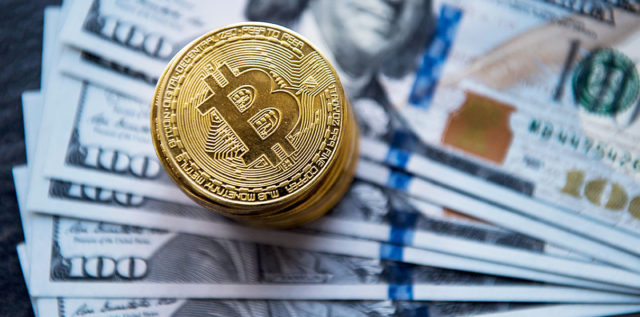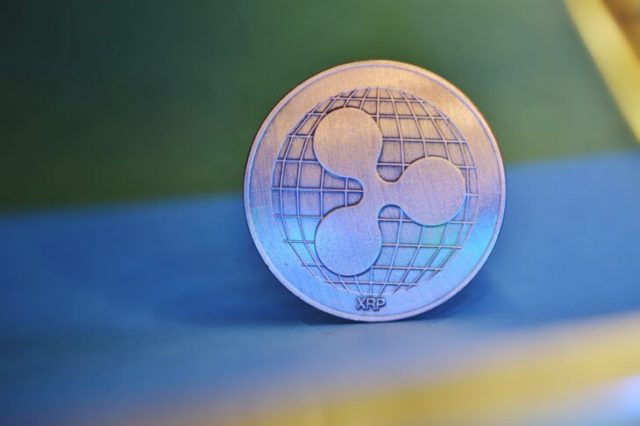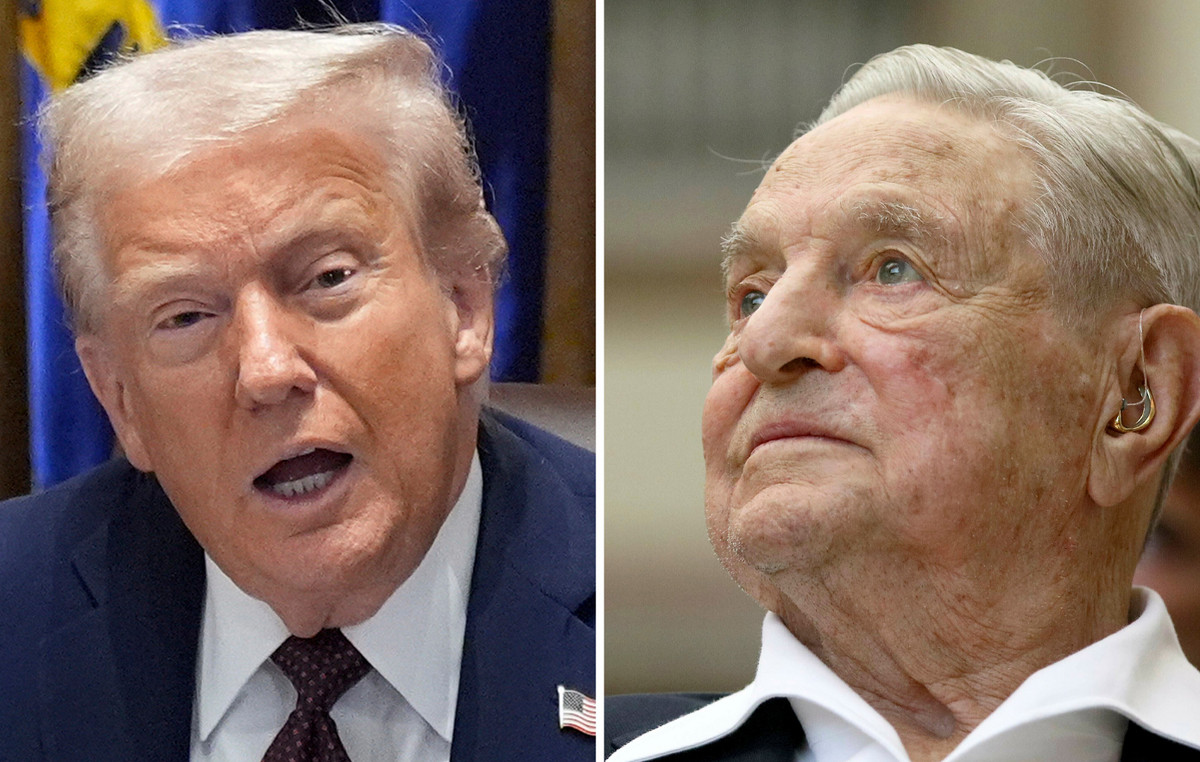Indonesia will begin restricting palm oil exports this week, a move that could worsen the global food crisis and drive up prices for hundreds of consumer products.
President Joko Widodo announced on Friday that Indonesia would suspend exports of cooking oil and the raw materials used to produce it “until further notice” in a bid to secure local supplies.
The ban goes into effect next Thursday (28).
The Southeast Asian country is the world’s biggest palm oil producer, and Friday’s announcement made oil prices “furious,” said James Fry, president of consultancy LMC International. Crude palm oil futures in Malaysia, a global benchmark, jumped nearly 7%.
The shock — and prices — eased somewhat this week after Reuters and Bloomberg reported that the government would exempt crude palm oil from restrictions. Indonesia’s Ministry of Agriculture did not immediately respond to a request for comment from Indonesia. CNN Business International.
But restrictions are still expected to include palm olein, a more processed product that is used for cooking oil and accounts for about 40% to 50% of Indonesian exports, according to analysts. That would increase inflation at a time when global food prices are at historic highs.
What is palm oil?
Palm oil is a common ingredient found in many foods, cosmetics and household items around the world. The WWF estimates that it is used in almost 50% of all packaged products in supermarkets.
The commodity is also used for cooking in many countries, including India, the world’s biggest importer.
Fry said the price of many pantry items such as cooking oil, instant noodles, snack foods, baked goods and margarine could go up when Indonesia’s restrictions take effect.
Palm oil prices were already under pressure after Russia’s invasion of Ukraine, as markets struggled to find alternatives to sunflower oil shipments stranded at Black Sea ports.
Ukraine is typically a big producer of sunflower oil, but that was “completely thwarted by Russia,” Fry said.
“We have the perfect storm,” he added, noting that other factors, such as droughts in South America and Canada, also constrained the supply of soybean oil and canola oil, respectively.
Why is Indonesia taking this step?
Indonesia’s leader, also known as “Jokowi,” said in a statement on Friday that the decision to ban exports was to “ensure national availability of cooking oil” and help keep it affordable.
Indonesians have struggled to access their kitchen staples as global palm oil prices soar, prompting the government to launch cash subsidies, according to Antara, Indonesia’s state news agency.
The country had already taken other measures to protect local supplies. In January, it introduced a policy that required exporters of palm oil products to sell 20% of their total exports domestically, according to the US Department of Agriculture (USDA).
The retail price of cooking oil was also later “limited” to 14,000 Indonesian rupees ($0.90) per litre, the agency wrote in a February update.
But the problem persisted, prompting the government to take the drastic step last week to block exports.
Analysts say officials want to ensure there is a sufficient supply of cooking oil ahead of the Muslim festival of Eid, which marks the end of Ramadan and will take place next week. Indonesia is home to the largest Muslim population in the world.
Who earns more?
Indonesia is by far the world’s largest producer of palm oil, accounting for 59% of global production last year, according to the USDA.
Malaysia and Thailand follow with 25% and 4% of world production, respectively. Colombia, Nigeria and Guatemala are also key producers.
Some analysts say Malaysia can help make up the shortfall but is facing its own supply problems.
Sathia Varqa, co-founder of Palm Oil Analytics, an independent publisher of market data, said that Malaysia has suffered from a labor shortage since the pandemic.
“Inventories are also historically low” in Malaysia, JPMorgan analysts wrote in a note on Friday.
Other countries are feeling the pinch.
India, which relies heavily on vegetable oil imports, has already felt the brunt of the recent shortage, according to BV Mehta, executive director of the India Solvent Extractors Association.
He told CNN Business International that people were turning to other ingredients, such as rapeseed oil and peanut oil, in response to rising sunflower and palm oil prices.
Mehta is pushing the Indian government to increase its own production of such commodities because of the “crisis” in food security.
“High prices have already taught us over the last two years to increase our own products and productivity, and with the Ukraine issue and now Indonesia… That taught us a good lesson,” he added.
Why is this especially bad now?
Indonesia’s ban comes at a bad time for global consumers.
World food prices hit their highest levels in March, the Food and Agriculture Organization of the United Nations (FAO) said earlier this month. According to their report, “the war in the Black Sea region has sparked shocks across markets for basic grains and vegetable oils.”
The latest FAO Food Price Index – which measures the monthly change in international prices for a basket of food commodities – was 33.6% higher than in March 2021.
In their Friday report, JPMorgan analysts said that Indonesia’s export ban was “adding fuel to the fire.”
“This is yet another reminder of the vulnerability present in agricultural supply chains in an environment of historically tight inventories, compounded by the indefinite loss of Ukrainian export volumes and historically high production costs,” they wrote.
In a way, the world was relying on Indonesian palm oil “to fill the gap” left by other disruptions — “and Indonesia suddenly blocked that flow,” Fry said.
— Anna Cooban, Claudia Dominguez, Livvy Doherty, Chris Liakos, Julia Horowitz, and Jorge Engels contributed to this story.
Source: CNN Brasil
I am Sophia william, author of World Stock Market. I have a degree in journalism from the University of Missouri and I have worked as a reporter for several news websites. I have a passion for writing and informing people about the latest news and events happening in the world. I strive to be accurate and unbiased in my reporting, and I hope to provide readers with valuable information that they can use to make informed decisions.







